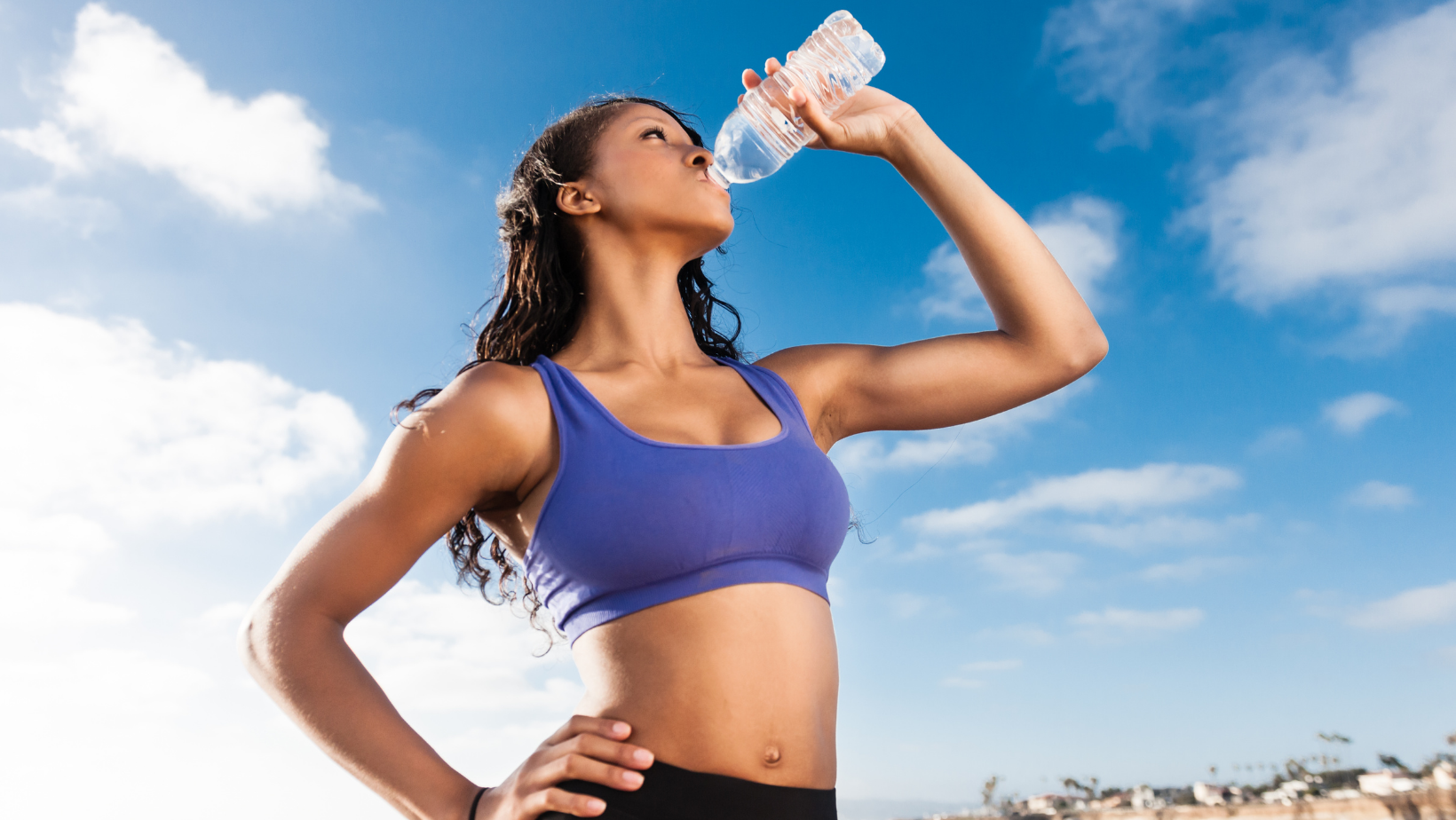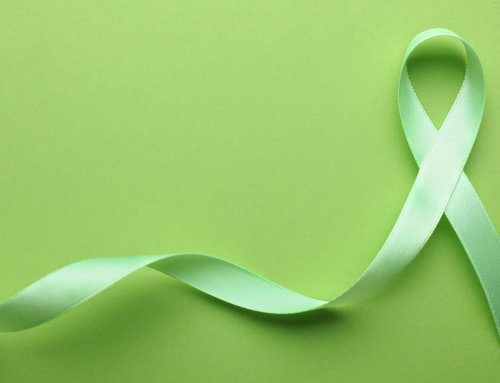Water is known as the elixir of life, with good reason! All systems in your body needs it to survive. Water regulates our body temperature, keeps our joints lubricated, helps prevent infections, and delivers nutrients to our cells. It makes up about 60% of your body’s weight, and although you can survive without food for weeks, without water, the body quickly reaches a dehydration state.
Dehydration means more water moves of your body’s cells than into them. As this happens, it is not just water that you lose. Small amounts of electrolytes critical to cell function and energy, such as sodium and potassium, are lost along with the water.
Besides, you constantly lose water and electrolytes throughout the day via breath, sweat, urine, and bowel movements, so even mild dehydration can exhaust you and affect many of your body’s daily functions.
Did you know dehydration can often be mistaken for hunger? You might gain weight as you try to satisfy your body’s needs. Fortunately, the opposite is also true if you’re hydrated.
Look out for some of these symptoms below to know if you are dehydrated!
- Darker-than-usual urine
- Not urinating despite steadily drinking water
- Muscle cramps
- Fatigue
- Fever or chills
- Craving sweets
- Dry mouth/skin
- Irritability
- Confusion
- Drowsiness
Your best defence against dehydration is prevention. These tips can help stay safe and healthy, especially when temperatures (or your activity levels) increase. Give them a try!
- Don’t wait till you’re thirsty to drink. By the time you feel thirsty, you’re already slightly dehydrated. Sip water steadily throughout the day and drink more fluids than usual when the weather is hot, especially if you’re active.
- Flavour your water. If plain water tastes boring to you, you can add flavour by jazzing it up with fruit and herbs. Try a cooling lime basil infusion this summer or add some herbal tea, celery cucumber juice or coconut water
- Eat water-rich fruits and vegetables. Certain fruits and vegetables contain plenty of water in addition to healthful nutrients. Watermelon, strawberries, cantaloupe, peaches, and pineapples are fruits with high-water content. Water-rich vegetables include cucumbers, leafy greens, radishes, celery, zucchini, and tomatoes.
- Limit consumption of coffee and alcohol.
My favourite recipe to keep me hydrated all day long:
Infused water with orange slices and mint leaves!

I sip it all day long during work hours at my desk using a sipper bottle (surprisingly I have realized that just by shifting from a traditional bottle to a sipper bottle, I consume more water than usual – I guess the convivence of sipping directly instead of pouring into a glass has done the trick!)
If oranges aren’t to your taste, you could try adding lemon and mint to the water instead!





